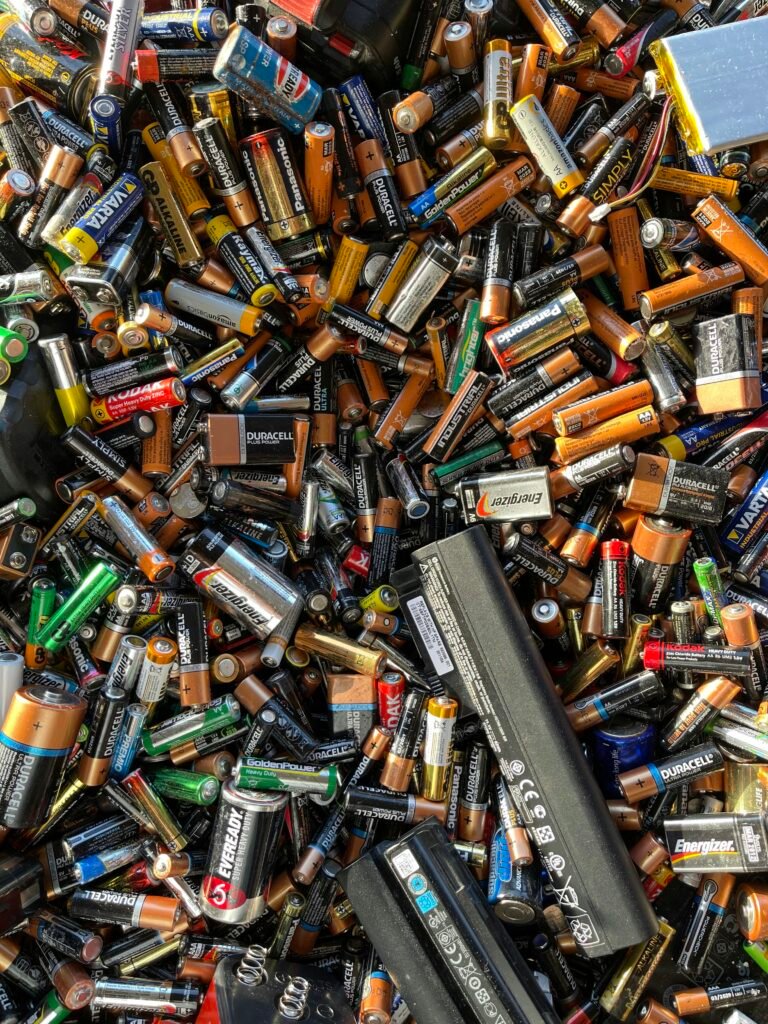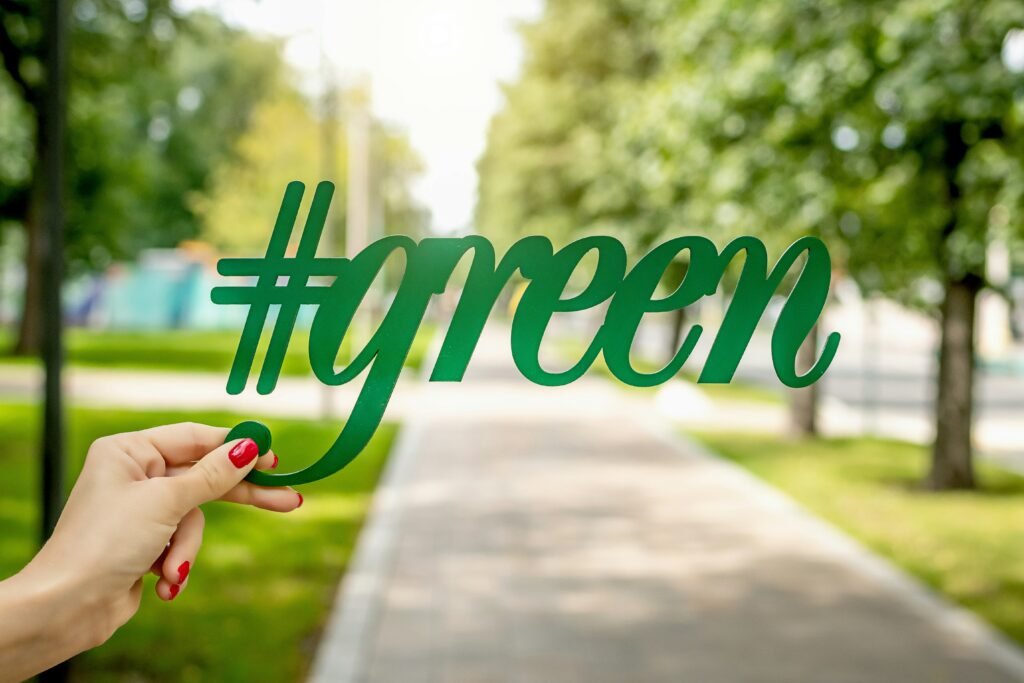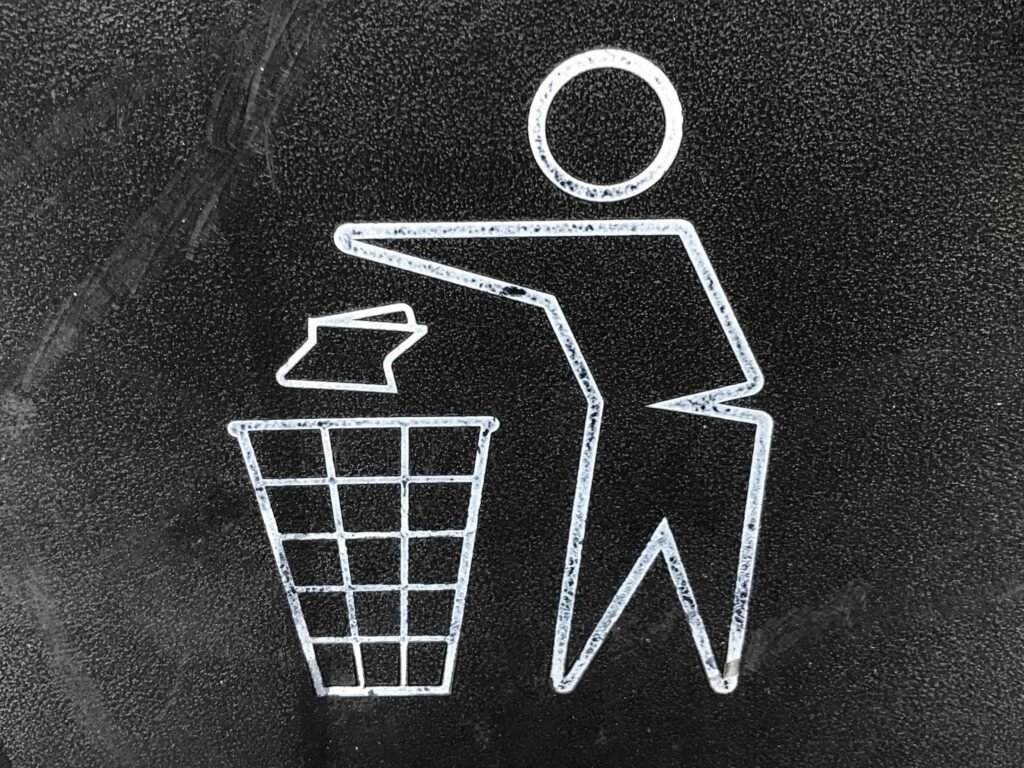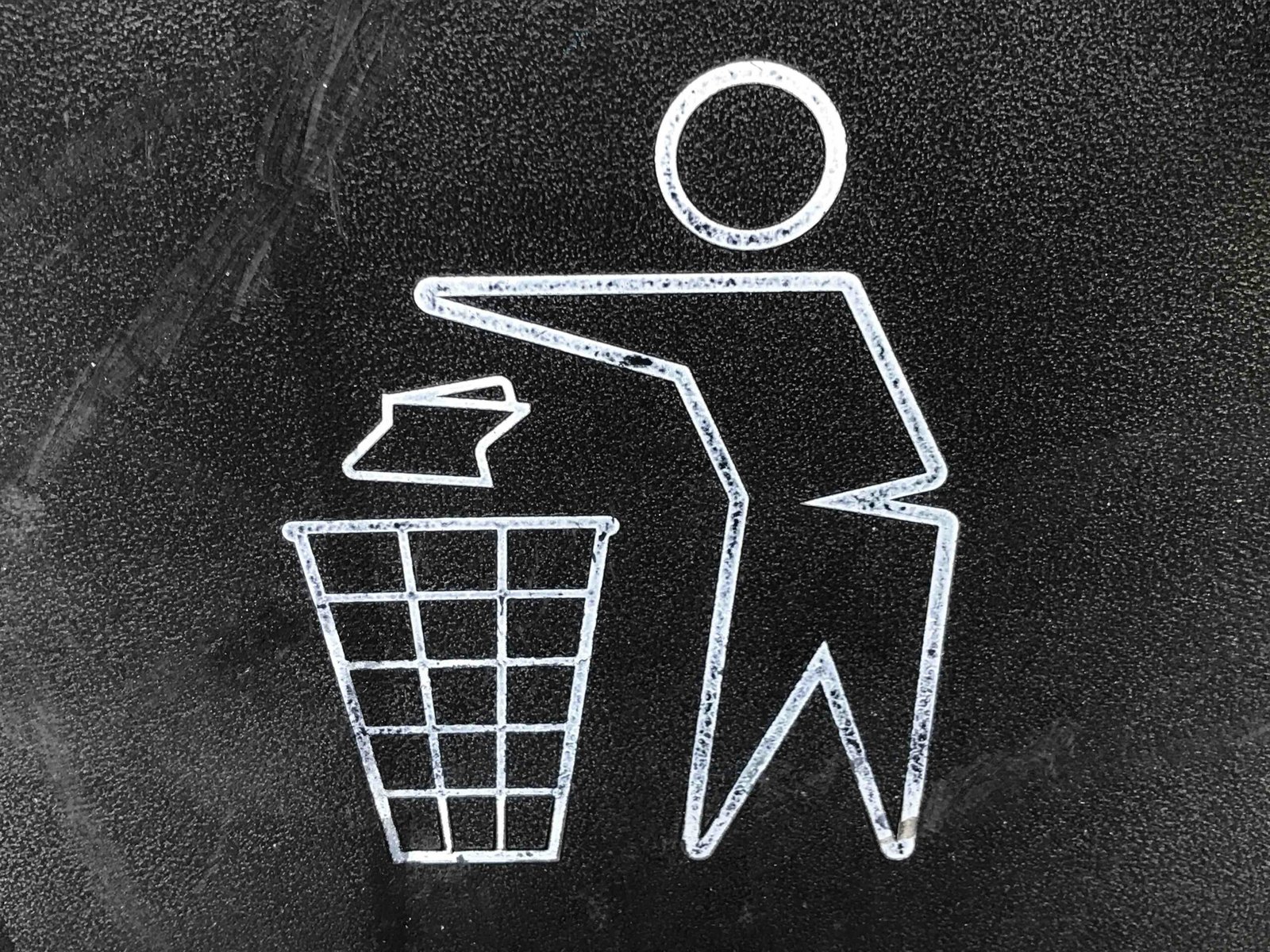Welcome to an article all about promoting circular economy through plastic drawer recycling programs! In today’s society, it is more important than ever to find sustainable solutions for materials like plastic. Through recycling programs specifically designed for end-of-life plastic drawers, we can reduce waste, conserve resources, and ultimately create a more environmentally friendly future. Read on to learn more about how these programs work and how you can get involved in making a positive impact on the planet.
Do you have old plastic drawers lying around but are unsure of what to do with them?
Hey there! If you’re like many of us, you probably have a few old plastic drawers gathering dust in your home or office. But don’t worry, there’s a solution! In this article, we’re going to talk about how you can participate in plastic drawer recycling programs to promote a circular economy and reduce waste. Let’s dive in!

This image is property of images.unsplash.com.
What is a Circular Economy?
If you’re new to the concept of a circular economy, don’t worry – it’s quite simple! A circular economy is an economic system aimed at eliminating waste and the continual use of resources. It focuses on the principles of designing out waste and pollution, keeping products and materials in use, and regenerating natural systems. By promoting a circular economy, we can reduce environmental impact, conserve resources, and create a more sustainable future.
The Impact of Plastic Waste
Plastic waste is a significant environmental issue that we’re facing today. From single-use plastics to larger items like plastic drawers, these materials can take hundreds of years to decompose in landfills and can harm wildlife and ecosystems. By recycling plastic products like drawers, we can reduce the amount of waste sent to landfills, conserve resources, and lower our carbon footprint.

This image is property of images.unsplash.com.
Plastic Drawer Recycling Programs
Now that we understand the importance of recycling plastic drawers, let’s talk about how you can get involved in recycling programs. Many organizations, companies, and municipalities offer plastic drawer recycling programs to make it easy for you to dispose of your old drawers responsibly. These programs typically involve collecting old plastic drawers, breaking them down into raw materials, and creating new products from those materials.
How to Participate in Plastic Drawer Recycling Programs
Participating in plastic drawer recycling programs is simple! Here’s a step-by-step guide to help you get started:
- Collect Your Old Plastic Drawers: Gather all the old plastic drawers that you no longer need or use.
- Find a Recycling Center: Search online or contact your local waste management facility to locate a recycling center that accepts plastic drawers.
- Prepare Your Drawers: Clean out your drawers and remove any non-recyclable materials such as metal or glass.
- Drop Off Your Drawers: Take your old plastic drawers to the recycling center and follow their instructions for drop-off.
- Stay Informed: Keep up-to-date on different recycling programs and initiatives in your area to continue supporting a circular economy.
By following these simple steps, you can make a positive impact on the environment and contribute to the circular economy.
Benefits of Participating in Plastic Drawer Recycling Programs
Participating in plastic drawer recycling programs offers a wide range of benefits, not just for the environment but for society as a whole. Here are a few key advantages of recycling your old plastic drawers:
Environmental Benefits
- Reduces Landfill Waste: By recycling plastic drawers, you can help divert them from ending up in landfills and reduce the amount of waste that accumulates over time.
- Conserves Resources: Recycling plastic drawers allows for the recovery and reuse of valuable materials, conserving natural resources and reducing the need for new raw materials.
- Mitigates Pollution: Plastic waste can leach harmful chemicals into the environment, polluting waterways and soil. Recycling helps prevent this pollution and protects ecosystems.
Economic Benefits
- Creates Job Opportunities: Recycling programs generate employment opportunities in collection, processing, and manufacturing, contributing to the local economy.
- Saves Money: Recycling often costs less than disposing of waste in landfills or incinerating it, making it a cost-effective waste management solution.
Social Benefits
- Promotes Community Engagement: Recycling programs bring people together to work towards a common goal of environmental stewardship and sustainability.
- Educates the Public: By participating in recycling programs, you can help raise awareness about the importance of waste reduction and resource conservation.
Overall, participating in plastic drawer recycling programs is a win-win situation for everyone involved. By recycling your old drawers, you can make a positive impact on the environment, support local economies, and help build a more sustainable society.

This image is property of images.unsplash.com.
Where Do Recycled Plastic Drawers Go?
After you drop off your old plastic drawers at a recycling center, you may be wondering where they go next. Recycled plastic drawers go through a process known as closed-loop recycling, where they are broken down into raw materials and used to create new products. Here’s a brief overview of what happens to recycled plastic drawers:
- Sorting: Recycled plastic drawers are sorted by type and color to ensure they are processed correctly.
- Shredding: The drawers are shredded into small pieces to make them easier to handle in the recycling process.
- Washing: The shredded plastic pieces are washed to remove any dirt, debris, or contaminants.
- Melting: The clean plastic pieces are melted down and formed into pellets or flakes.
- Manufacturing: The plastic pellets or flakes are used to manufacture new products such as containers, packaging, and even more plastic drawers.
By following this closed-loop recycling process, the materials from your old plastic drawers can be repurposed and used to create new products, reducing the demand for virgin plastic and promoting a more sustainable manufacturing cycle.
Tips for Sustainable Plastic Drawer Use
While recycling your old plastic drawers is essential, it’s also important to reduce waste from the beginning by using your drawers sustainably. Here are some tips to help you make the most out of your plastic drawers:
Buy Durable Drawers
Invest in high-quality, durable plastic drawers that are built to last. By choosing well-made products, you can reduce the need for frequent replacements and extend the lifespan of your drawers.
Reuse and Repurpose
Get creative with your old plastic drawers and find new ways to use them around your home or office. Repurpose them as storage containers, organizers, or plant pots to give them a second life.
Proper Maintenance
Take care of your plastic drawers by cleaning and maintaining them regularly. By keeping them in good condition, you can extend their lifespan and prevent premature disposal.
Donate or Sell
If you no longer need your plastic drawers but they are still in good condition, consider donating or selling them to someone who can use them. This way, you can prevent them from ending up in the landfill prematurely.
By following these tips, you can reduce waste, conserve resources, and make a positive impact on the environment through sustainable plastic drawer use.
Conclusion
Congratulations on taking the first step towards promoting a circular economy by learning about plastic drawer recycling programs! By participating in these programs, you can make a meaningful contribution to waste reduction, resource conservation, and environmental protection. Remember, every small action counts, so keep up the fantastic work! Let’s continue working together to create a more sustainable future for generations to come.
If you have any questions or would like more information about plastic drawer recycling programs, feel free to reach out to local recycling centers or environmental organizations in your area. Your efforts matter, and together, we can make a difference!
